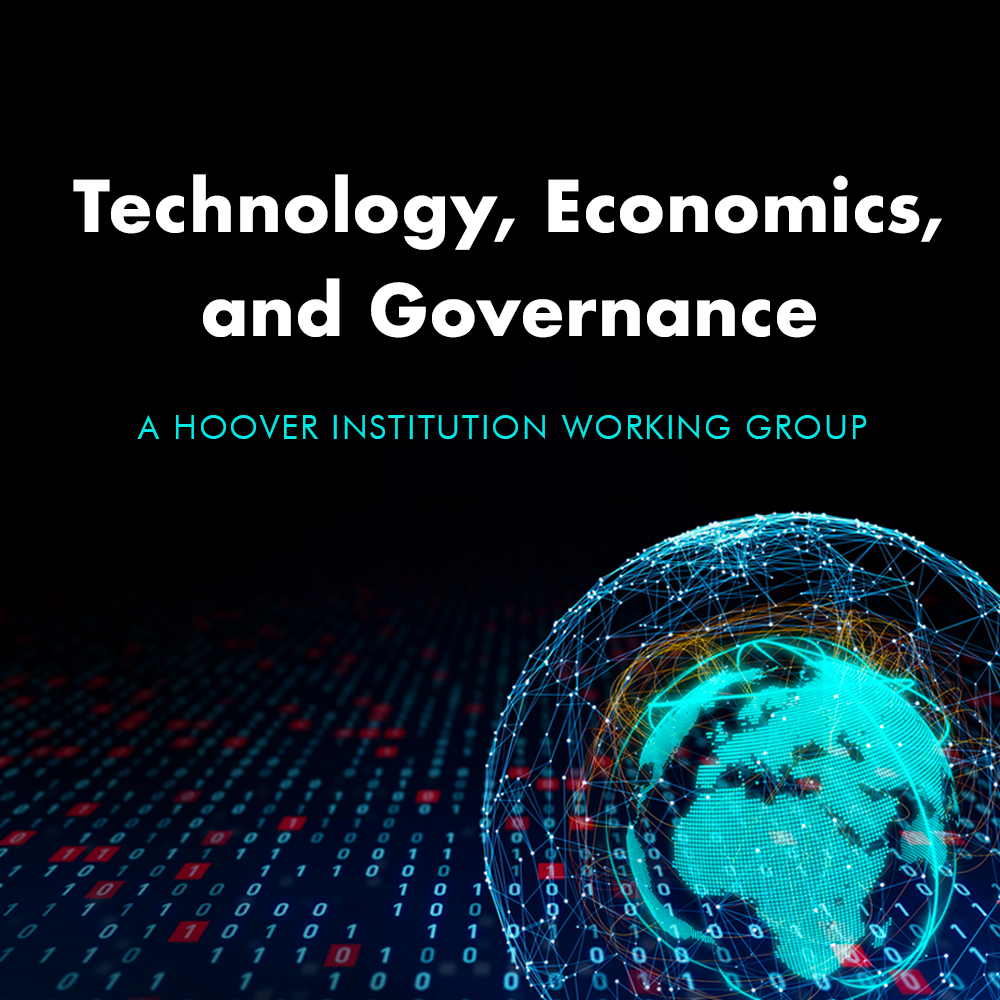
The Tech Titan Clash: Trump, Zuckerberg, and the Future of Free Speech
In a bold proclamation from his newly released book, Save America, Donald Trump has set the stage for a dramatic showdown with some of the foremost giants in technology—Meta CEO Mark Zuckerberg and Google CEO Sundar Pichai. As he ascends to the political forefront once again, Trump’s accusations of election interference and threats of legal action have drawn significant attention, highlighting the ongoing tussle between politics and social media.
Donald Trump’s latest book showcases his political vision.
A New Presidential Era?
Following the latest election results, Donald Trump has declared his intention to reclaim the presidency. His coffee table book, released in September, serves as both a memoir and a manifesto for his policies. The synopsis boasts an insightful retrospective on his first term—from groundbreaking trade negotiations to significant tax reforms—painting a picture that is intended to resonate with voters.
However, amidst the reflective nostalgia lies a stark warning directed towards tech leaders. Trump accuses Meta of censoring critical information that he claims could have influenced the election outcomes in favor of Joe Biden. Furthermore, his contention against Google revolves around what he describes as the platform’s one-sided portrayal of news regarding him, further igniting discussions about censorship and media integrity.
Targeting Zuckerberg: The Jail Threat
In an aggressive tone, Trump has specifically targeted Mark Zuckerberg, predicting serious legal repercussions as a response to his alleged mishandling of election-related content. “We are watching him closely, and if he does anything illegal this time he will spend the rest of his life in prison,” Trump warned, illustrating how deeply he perceives the intertwining of technology and politics in today’s society.
His remarks not only point to potential criminal investigations but also reveal a broader narrative on accountability in the social media landscape. As platforms like Facebook and Instagram hold significant sway over public opinion, the question remains: to what extent should they be regulated?
Sundar Pichai: A Surprising Ally?
Interestingly, while Trump has lambasted Zuckerberg, he seems to have softened his stance towards Sundar Pichai. During a recent interview with podcast host Joe Rogan, Trump recounted an unexpected positive interaction with the Google CEO, who he described as “a great guy.” This unforeseen camaraderie arose after Trump visited McDonald’s, prompting Pichai to commend the impact of the visit on Google searches. “This McDonald’s thing, I want to tell you, it’s one of the biggest things we’ve ever had on Google. It just hit!” Trump explained, highlighting the peculiarities of modern media interactions.
Donald Trump’s McDonald’s visit captured significant media attention.
HECO’s Commitment to Safety Amid Political Turmoil
In an unrelated yet equally significant narrative, Hawaiian Electric Company (HECO) updated stakeholders on its $120 million investment in wildfire safety initiatives. Amid rising concerns over environmental issues exacerbated by extreme weather, HECO’s efforts reflect a commitment to infrastructure resilience, particularly in wildfire-prone areas. The discussions surrounding these measures took center stage during a recent briefing with state Senate leaders.
According to HECO officials, the investments have aimed at installing lightning arresters, enhancing fire detection technologies, and deploying systems that can mitigate the risks of wildfires resulting from electrical infrastructure. These proactive steps underscore a growing recognition of environmental responsibility, paralleling the urgent dialogues on accountability faced by tech giants like Meta and Google.
A Convergence of Challenges
The juxtaposition of Trump’s aggressive stance against tech executives and HECO’s commitment to environmental safety illustrates the multifaceted challenges of our times. As traditional political arenas blend with technological discourse, both sectors face a reckoning of integrity and accountability.
Lawmakers have expressed skepticism about whether HECO’s expenditures are genuinely addressing the threats posed by wildfires, voicing concerns that funding appears disproportionately tilted towards shareholders instead of safety measures. Similar sentiments filtered into discussions around social media governance, as citizens increasingly call for transparency and responsibility.
In light of these dynamics, Trump’s anticipated resurgence in power raises crucial questions about the future of free speech, corporate accountability, and environmental sustainability. As he calls for investigations and potential legal actions against the tech titans, the implications extend far beyond personal grievances—impacting public discourse and corporate policies alike.
Looking Ahead
As we navigate through this turbulent landscape, it remains to be seen how Trump’s ongoing narrative will materialize in actual policy changes, both in technology regulation and environmental practices. The urgency for systems that safeguard democratic principles while promoting corporate accountability has never been clearer.
For now, as technocrats and politicians grapple with their next moves, citizens are left to ponder the future of their rights in an increasingly interconnected world.















